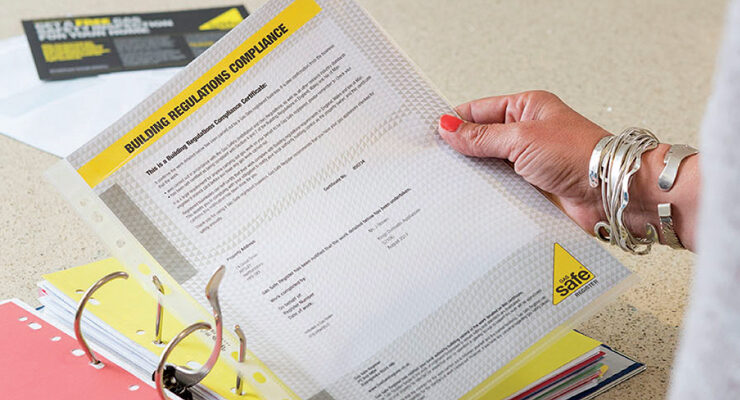Introduction
A Gas Safe certificate is a crucial document that signifies the safety and compliance of gas appliances and installations in residential and commercial properties. Issued by qualified engineers, this certificate provides peace of mind to homeowners and tenants, assuring them that the gas appliances and systems have been thoroughly inspected and meet the required safety standards. In this article, we will delve into the importance of obtaining a Gas Safe certificate, the process of obtaining one, and the benefits it offers to both property owners and occupants.

1. Understanding Gas Safety
1.1 The Hazards of Gas Appliances
Gas appliances, while efficient and widely used, can pose significant hazards if not properly maintained or installed. Issues such as gas leaks, carbon monoxide emissions, and improper ventilation can lead to life-threatening situations, making gas safety a top priority for every property.
1.2 Legal Requirements
In many countries, including the UK, it is a legal requirement for landlords and property managers to ensure gas safety in their properties. Regular inspections and obtaining a Gas Safe certificate gas safe certificate demonstrate compliance with the law and a commitment to safeguarding the well-being of occupants.
2. The Importance of a Gas Safe Certificate
2.1 Ensuring Safety
A Gas Safe certificate is evidence that a qualified Gas Safe registered engineer has thoroughly inspected the gas appliances, pipework, and flues in a property. It confirms that everything is in safe working order and that any potential issues have been addressed, reducing the risk of gas-related accidents.
2.2 Complying with Regulations
For landlords and property managers, obtaining a Gas Safe certificate is not just a good practice but a legal requirement. Failure to comply with gas safety regulations can result in hefty fines, legal repercussions, and the potential endangerment of occupants.
3. The Gas Safe Certificate Process
3.1 Gas Safety Inspection
To obtain a Gas Safe certificate, a Gas Safe registered engineer must conduct a comprehensive gas safety inspection. This inspection covers all gas appliances, flues, and pipework in the property to ensure they meet safety standards and are in proper working condition.
3.2 Issuance of the Certificate
If the inspection reveals that the gas appliances and installations are safe and compliant, the Gas Safe engineer will issue the Gas Safe certificate. This certificate includes details of the inspection, the engineer’s findings, and any recommendations or remedial actions taken.
4. Benefits for Landlords and Property Owners
4.1 Legal Compliance
For landlords and property owners, a valid Gas Safe certificate demonstrates compliance with gas safety regulations, protecting them from legal consequences and financial liabilities.
4.2 Enhanced Reputation
Having a Gas Safe certificate enhances the reputation of landlords and property owners as responsible and safety-conscious, attracting more tenants and ensuring long-term occupancy.
5. Benefits for Tenants and Occupants
5.1 Peace of Mind
Tenants and occupants can have peace of mind knowing that the gas appliances and systems in their property have been thoroughly inspected and deemed safe.
5.2 Prompt Action on Issues
In the event of any gas-related issues, tenants can request repairs or maintenance knowing that the property owner prioritizes their safety and well-being.
Conclusion
A Gas Safe certificate is not just a piece of paper; it is a testament to the commitment to gas safety and compliance. Whether you are a landlord, property owner, or tenant, obtaining and maintaining a valid Gas Safe certificate is essential for ensuring the safety of everyone in the property. Always remember to schedule regular gas safety inspections with a qualified Gas Safe registered engineer to guarantee the continued safety and well-being of all occupants.